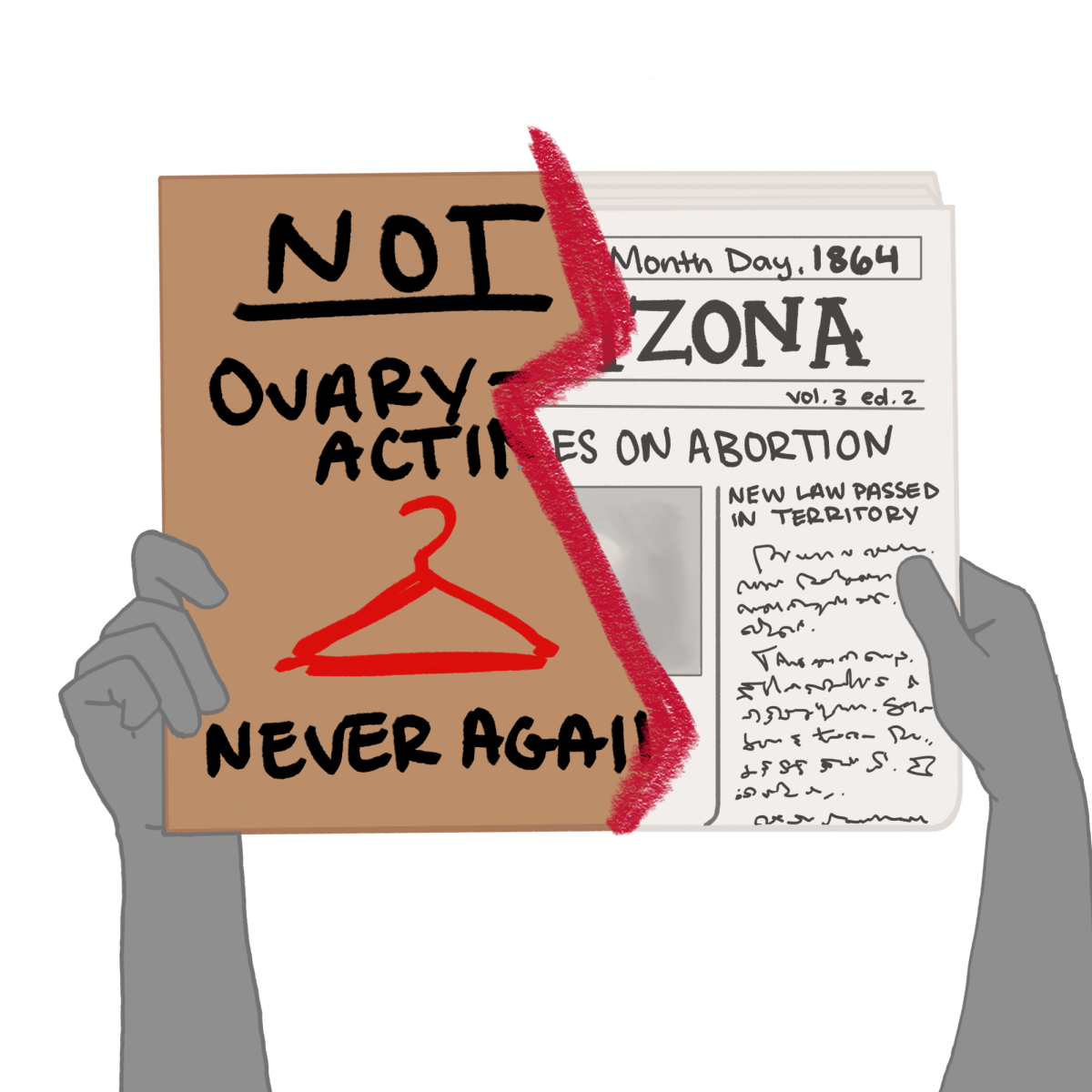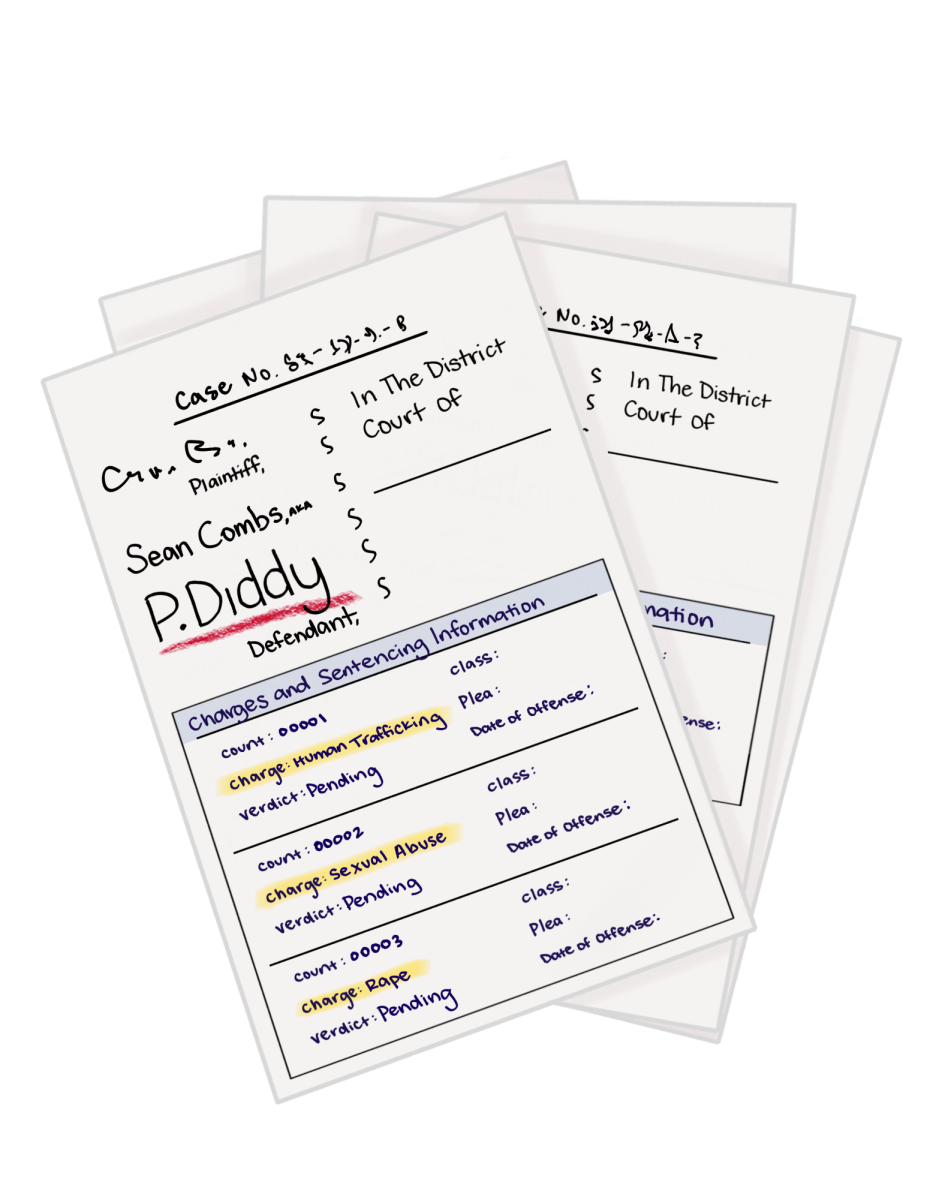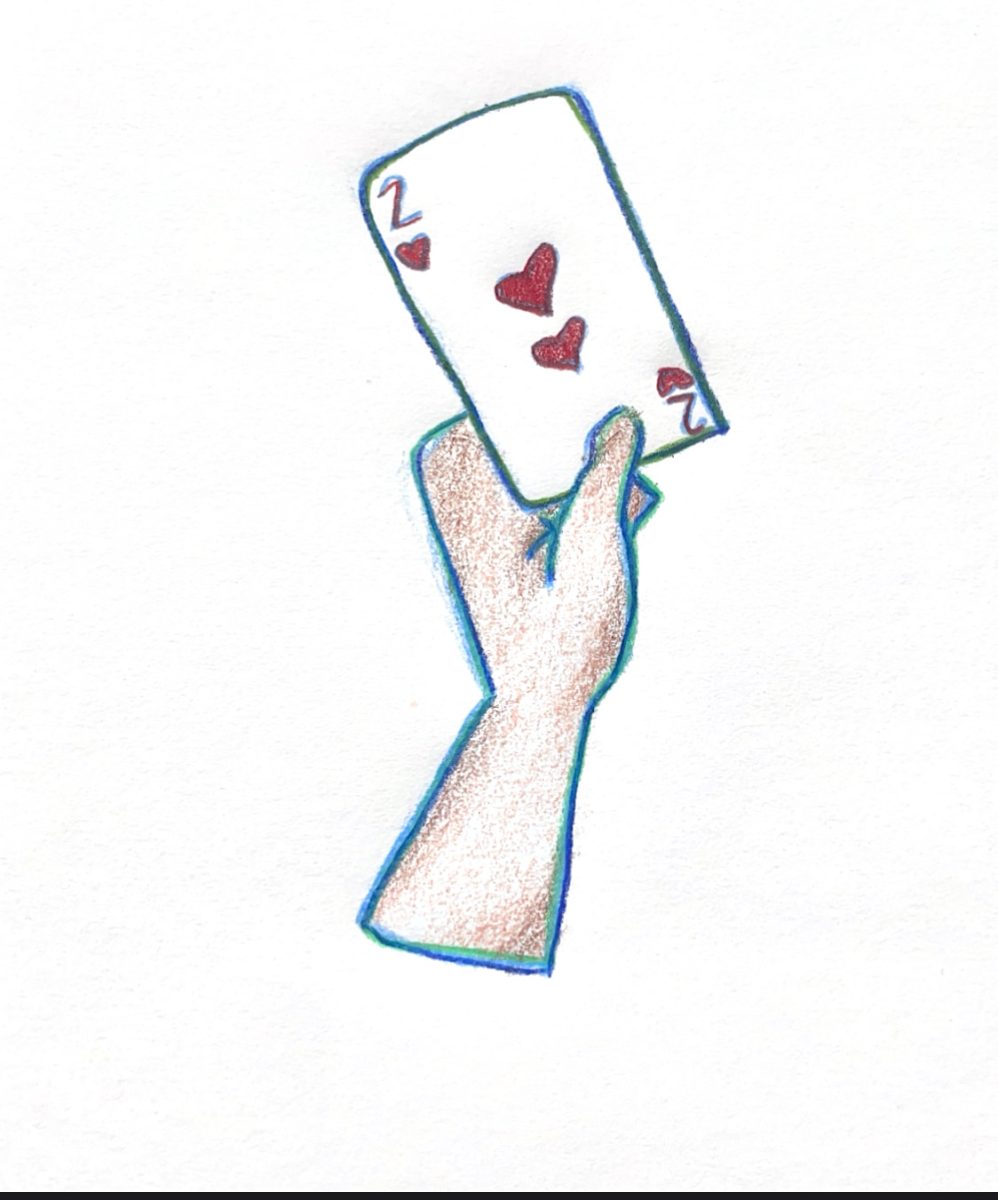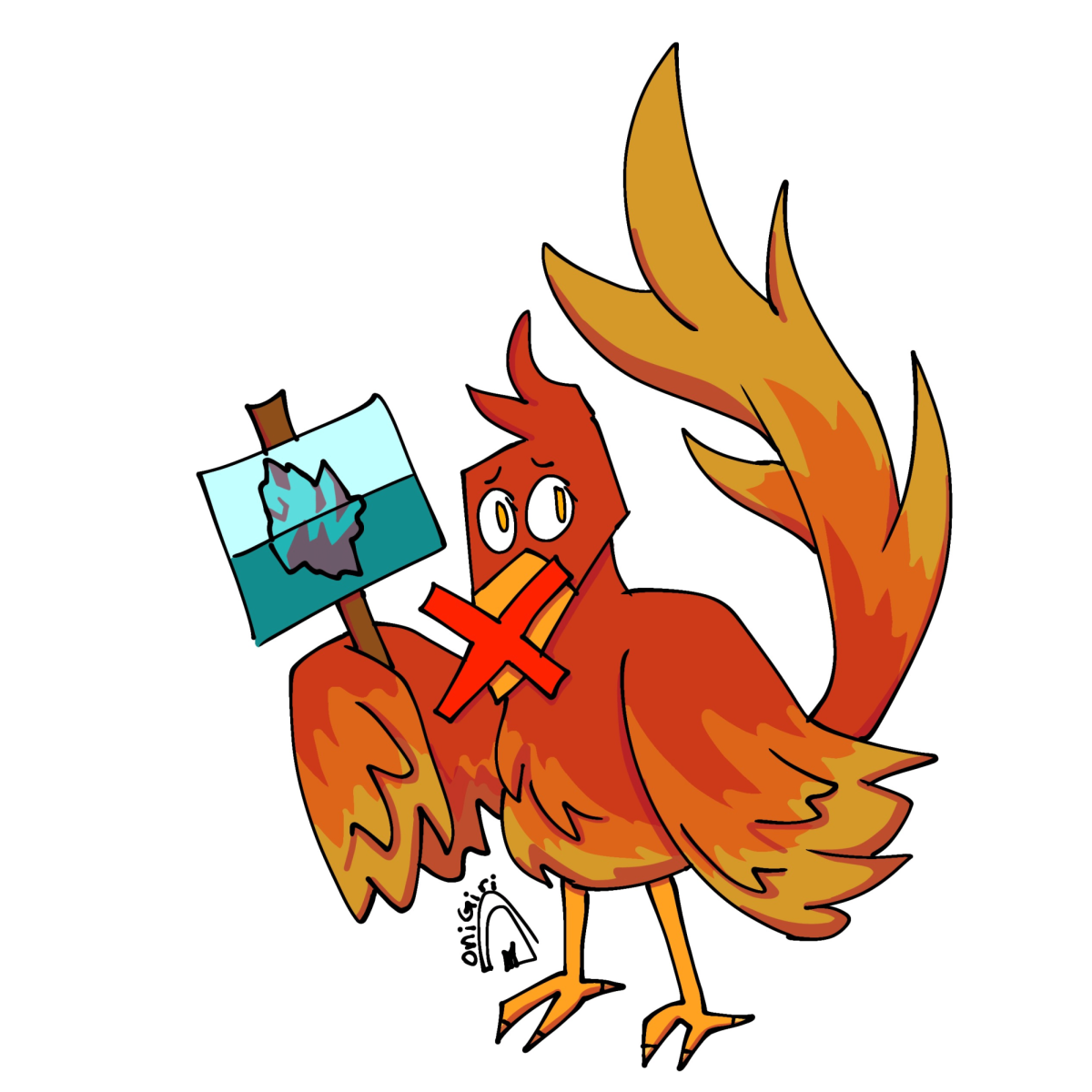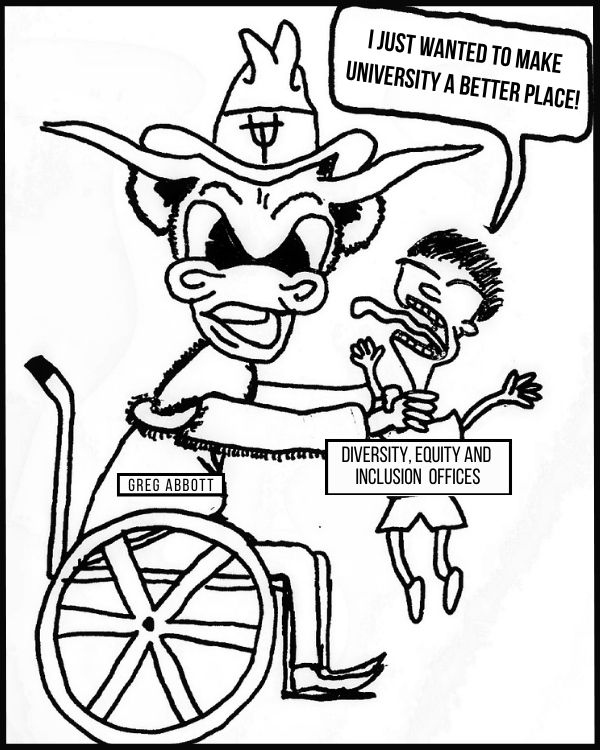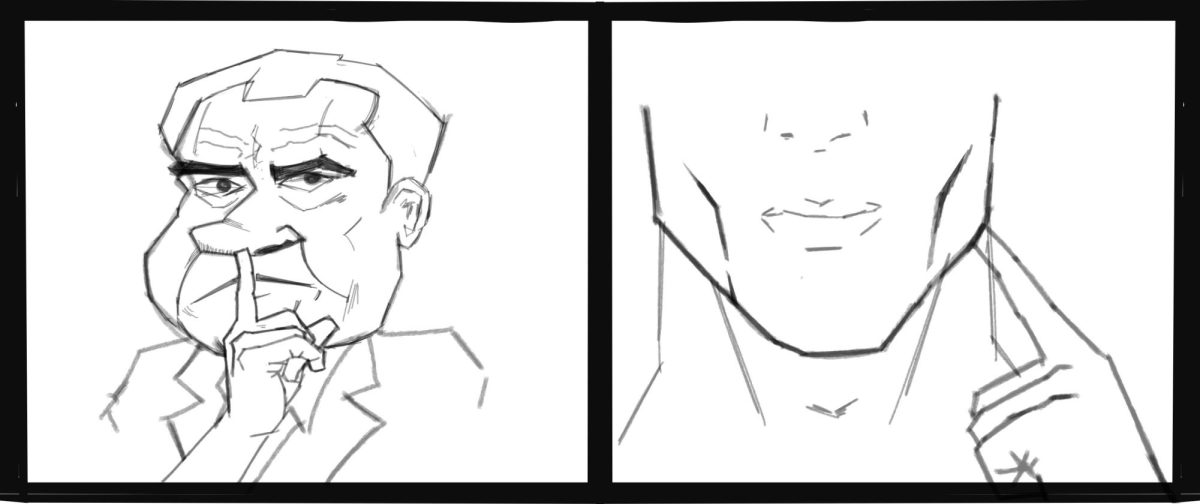Alicia Ann Lynch, a 22-year-old from Michigan, dressed as a Boston Marathon bombing victim for Halloween and posted a picture of herself on Twitter.
She and her family received death threats. Some responses to her picture on Twitter included angry responses hoping she would get cancer or die. While Lynch didn’t directly commit any sort of illegal action — her first amendment rights guarantee her freedom to wear whatever costume she chooses — she received backlash from an online community that was unwarranted.
Caitlin Cimeno similarly received negative backlash after posting a picture mocking the Trayvon Martin, Andrew Zimmerman case. The picture featured one white man in black face wearing a blood stained shirt, and another white man with a shirt labeled “neighborhood watch” pointing a gun at the first man.
Cimeno faced backlash similar to that of Lynch. In addition, she was fired from her job.
Philosopher John Morreall believed that laughter evolved as a gesture of shared relief at the passing of danger. He believed this is why people laugh when someone trips and is ok. But should we laugh at Halloween costumes of victims of bombings or murder?
Comedians are known for pushing boundaries. Many take on issues of race, religious intolerance and abuse, presenting them in the humorous form so that audiences can laugh. At some point, however, the audience has to question whether a joke is harmless fun or exploitation.
Of course there is “a line” somewhere but when do we cross it? Is it crossed when one person is offended? Or is it crossed when a joke is offensive to an entire community?
Placing this line is subjective; no absolute will ever be resolved to rule what boundaries may be pushed and what boundaries are off limits to everyone. It is this subjectivity that places responsibility on the shoulders of the audience to determine how they will handle insensitivity.
People are going to be offensive. We rightly value the freedom to express ourselves as we choose and therefore it is inevitable that someone will say something offensive.
How we respond to the images that we find offensive makes the difference between perpetuating a spirit of negativity and having productive dialogue. Whether or not you agree with the actions of Lynch and Cimeno is a matter of personal opinion, but the way to engage in ignorance is not with more ignorance.







